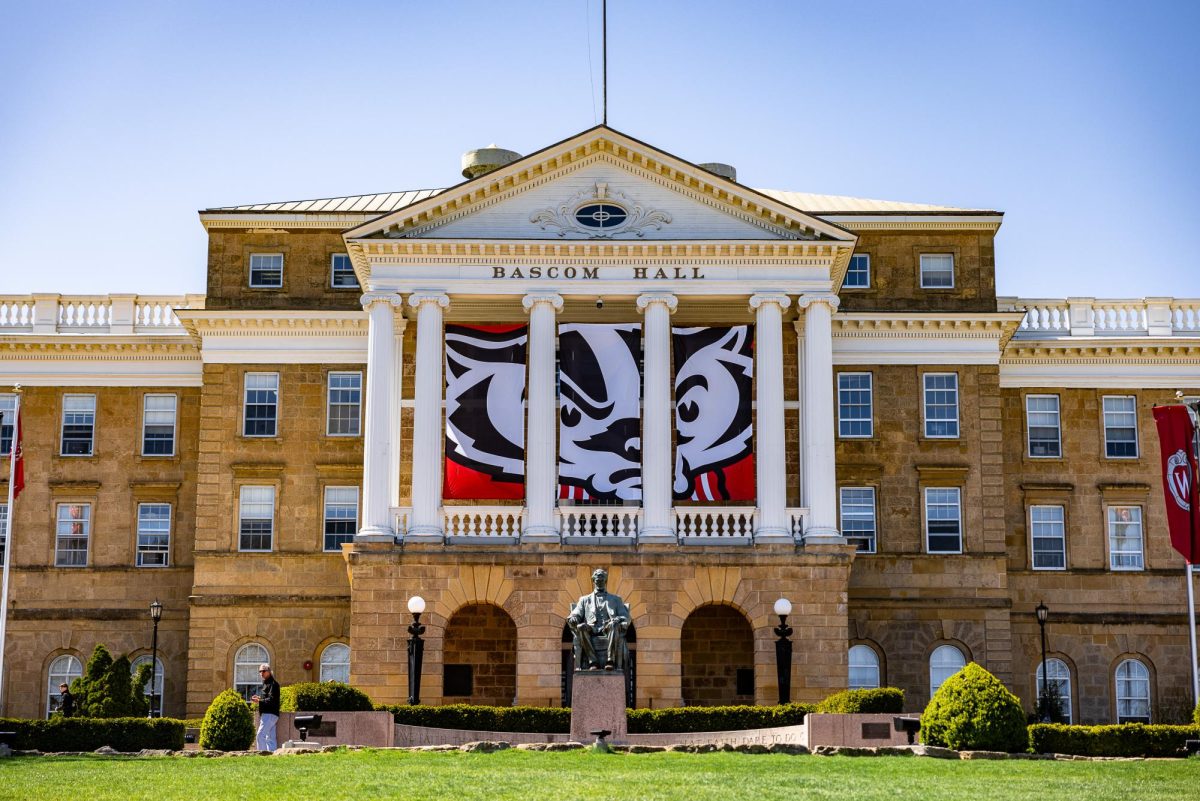On the one year anniversary of the Fukushima Daiichi meltdown in Japan, alternative energy advocates claimed little has changed in nuclear power plant regulation and that Wisconsin’s drinking water could be at risk for contamination in the event of a similar situation in the state.
Clean energy and anti-nuclear advocates gathered at the Capitol Monday to review what they learned when a major tsunami damaged the Fukushima Daiichi reactors in Japan last year, causing multiple meltdowns.
Arjun Makhijani, president of the Institute for Energy and Environmental Research, said while the Nuclear Regulatory Commission put together a list of 12 recommendations it plans to implement, it has not given any timetables to do so.
“So what did we learn from this? After 40 years of studying this topic, I have boiled it down to one rhetorical question: Does it make sense to make plutonium just to boil water”? Makhijani said. “Because all a nuclear reactor does is nothing but boil water. Lots of ways to boil water. [We’ve] got a free nuclear reactor in the sky, and we’re not using it.”
Makhijani said the country should increase focus on renewable energy sources and needs to have a discussion at the state level on alternative energy forms.
John Kinsman, president of Family Farm Defenders, said a new push to build nuclear power plants exists in Wisconsin.
“Worst yet, as spent fuel rods pile up at existing reactors on the shores of Lake Michigan and on islands on the Mississippi river, eyes are shifting to Wisconsin as a potential host for a national high level radioactive waste dump site,” Kinsman said. “One can only imagine the inherent dangers with transporting such waste by truck, ship and train across the continent to our Northwoods for burial forever.”
While other states are building nuclear power plants for the first time in years, Mitchell Singer, spokesperson for the Nuclear Energy Institute, said no plans exist to build more nuclear power plants in Wisconsin.
Drew Lehman, a Wisconsin Public Interest Research Group program associate, said drinking water for 202,000 Wisconsinites is within 50 miles of an active nuclear power plant.
Lehman said a leak could threaten the drinking water, and 75 percent of U.S. nuclear power plants have leaked tritium, a radioactive form of hydrogen which could cause cancer and genetic defects.
“With nuclear power, there is too much at risk, and the dangers are too close to home,” Lehman said. “Wisconsinites shouldn’t have to worry about getting cancer from drinking a glass of water.”
However, Singer called the claims “ridiculous.” He said none of the leaks at the plants have exceeded safety regulations and they have not had any effect on public health.
According to U.S. Energy Information Administration statistics, two nuclear power plants operate in Wisconsin, one in Kewaunee and the other in Point Beach. Nuclear power represents about 20 percent of the state’s total energy generation.
Singer said in the 1980s, people searched for a permanent depository for nuclear waste. They looked at a number of possibilities and settled on Yucca Mountain in Nevada. However, because of political reasons, Singer said a Yucca Mountain depository is probably not likely to become a reality.
He said a federal commission has not offered any formal recommendations for the new site.

















